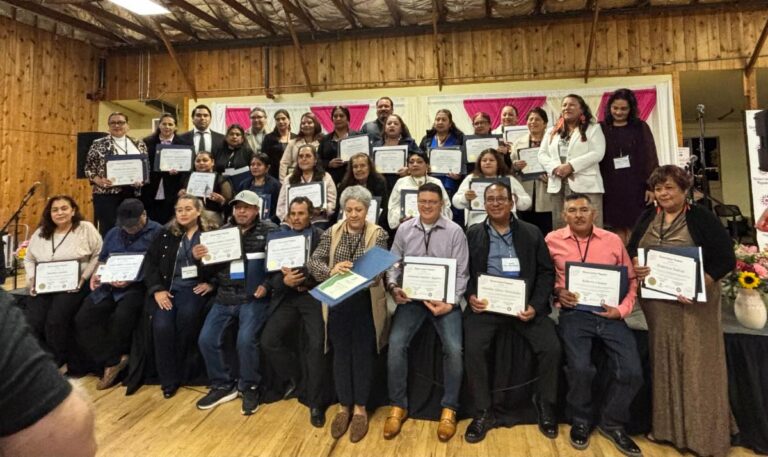By Melanie Slone
“Parents know more about what’s happening with their students than anybody else,” says Richard Barrera, a member of the San Diego Unified School District. “So, it’s really important for parents to step up and get involved and be advocates for the needs of their students.”
Cipriano Vargas, a Vista Unified school board member, agrees “This is our community. If we’re not part of those decision-making bodies, somebody else is making those decisions.”
But how can you as parents get involved? Whatever school your kids go to is part of a school district, which is usually multiple schools, explains Barrera. Some districts serve all levels, some are only for high school, and others are only for elementary and middle school, like in Escondido, where the elementary and high school districts are separate.
Every school district has an elected school board, Barrera continues, and this school board makes most of the big decisions affecting your kids’ schools.
Who Is on School Boards?
“When parents go next year to vote for governor of California and members of Congress and the state legislature and all those other offices, they’ll also have the opportunity to vote for members of their local school boards,” Barrera explains.
“I believe for a lot of people, and especially parents, your local school board members are actually the most important elected officials in your life,” he adds. Other candidates you vote for in the elections “can feel pretty removed,” he says, “but the people you elect to your local school board have direct impact on the lives of your kids.”
The voters elect the school board members, who are “people who work for the parents and the others who vote in our elections,” says Barrera. “Whether it’s about their individual students, whether it’s about how well they feel their individual schools are doing, or whether they care about what’s happening with students throughout the district, it’s their local school board members who are making those big decisions.”
Why Should I Get Involved?
The board members work for the parents, whether the parents voted or not. “Whenever there’s a specific issue, let’s say a parent has an issue that’s happening with their own students, and if they feel like they can’t get those issues resolved by their local principal at their school, then they can go to the school board who they elect,” says Barrera.
“It’s very important for parents to get involved,” Barrera remind us. “The part of San Diego Unified that I represent includes a lot of immigrant families, and often immigrant families believe the people on the school or at the school district are the experts, that they make the decisions,” says Barrera.
But, he adds, “you’re not offending anybody by getting involved, whether that means talking to your teacher or your principal or the local school board, nobody is going to think that’s not your place. In fact, we need to hear your voice, and your students need you to be advocates.”
How Do I Get Involved?
Every school board has regular open meetings; anybody can attend, and anybody can comment on the issues that the school board has on its agenda, says Barrera. The agenda is posted online on the district website at least three days before the school board meeting.
“Most school boards allow public comment either in person at the meetings or virtually,” says Barrera. And if you want to bring up a different topic that’s not on the agenda, you have a chance at the meeting to do so.
If you want to meet with the board members one-on-one, you can contact your school district and set up a time. You can also email your local board members to let them know about the issues you care about. These emails are available on the district websites.
Barrera explains that almost every district has translation services at the school board meetings, into Spanish and in some cases, other languages. Also, “if you want to have an individual conversation with a board member and you need translation, when you set up the appointment you can ask for a translator to be there with you,” he says.
Don’t forget to vote! “Parents should know who’s running for school board,” says Barrea. You can learn about the candidates’ ideas online or through community organizations. “You’ve got every opportunity to reach out to people who are running and wanting to represent your schools and get to know them,” he says. “If you’re not advocating for your students and making your voice heard in the decisions that matter to you, nobody’s going to wait for you to make the right decisions. They can only happen if you’re part of the process.”
You can even run for a school board. “When I got onto the school board, my two sons were going to school,” says Barrera. “I think some of the best school board members are parents.”
Other Ways to Get Involved
Barrera says all parents can volunteer in their children’s classrooms and at other school activities. And they can participate on a school site council, which makes decisions about what kinds of programs they want at their school and how resources given by the school board will be used.
What Do School Boards Do?
- Decide how to allocate state funding to schools
- Decide which schools get extracurricular programs
- Decide which schools get summer programs
- Determine how many teachers are allocated to schools
- Determine how many counselors each school has
- Select the superintendent of the district, who then selects who the principals are
School Board Meetings




